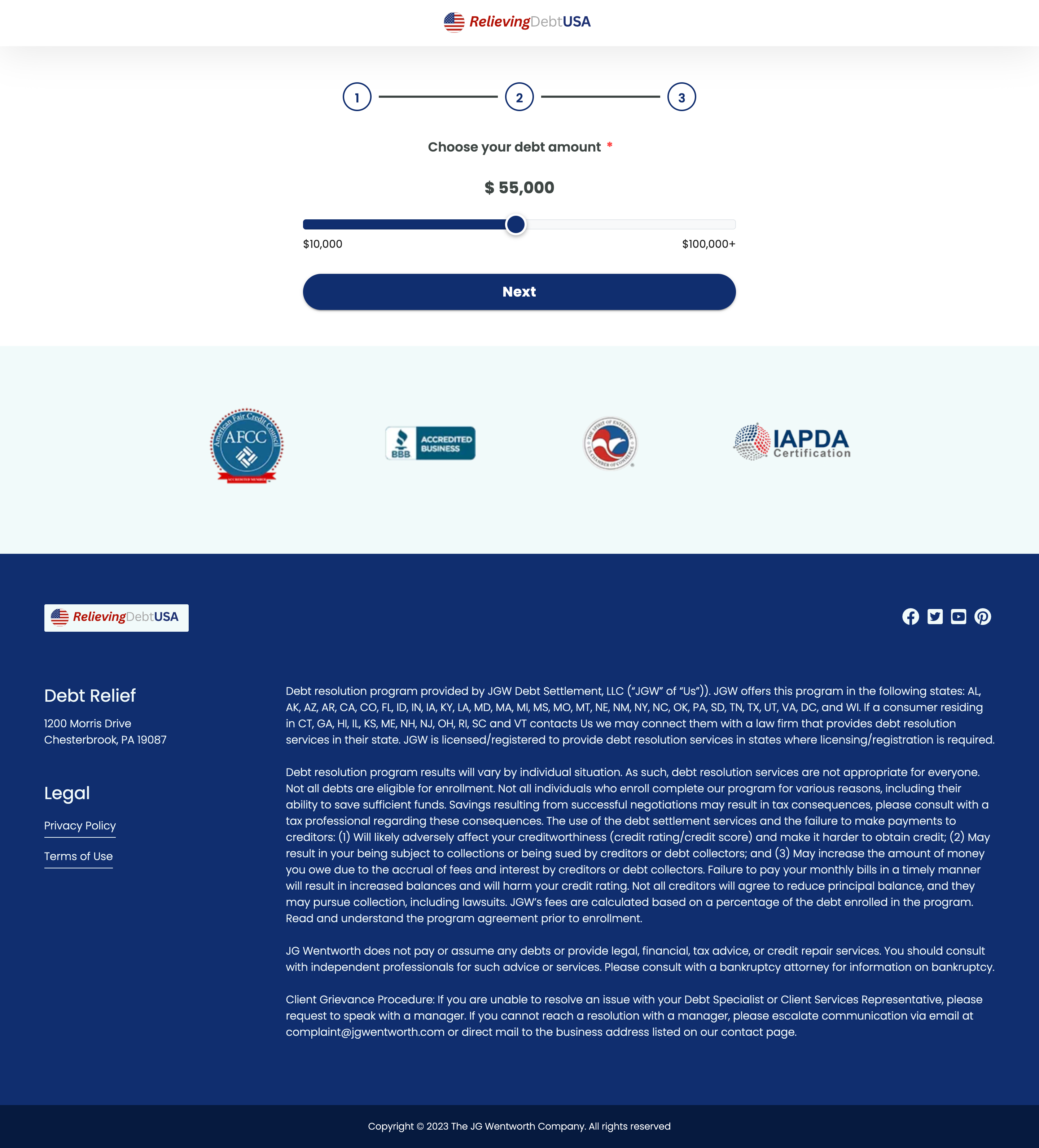How to Optimize Your Landing Pages for Voice Search SEO
As voice search becomes increasingly prevalent, optimizing your landing pages for voice search SEO is crucial. In this comprehensive guide, we will explore how to effectively adapt your landing pages to meet the demands of voice search technology.
Table of Contents
- Understanding Voice Search
- The Importance of Voice Search SEO
- Adapting Content for Voice Search
- Optimizing for Speech Patterns and Language
- Technical SEO for Voice Search
- Using FAQs and Question-Based Content
- Local SEO and Voice Search
- Best Practices for Voice Search Optimization
Understanding Voice Search
Voice search refers to the use of voice recognition technology allowing users to perform searches by speaking into a device. Smartphones, smart speakers, and voice assistants like Siri, Alexa, and Google Assistant are common platforms for voice search.
The Importance of Voice Search SEO
Voice search is rapidly gaining traction, with people using it for faster and hands-free search queries. By optimizing for voice, you can increase your site’s visibility and improve user experience, which can lead to higher conversion rates on your landing pages.
Adapting Content for Voice Search
To attract voice search traffic, consider the following strategies:
- Focus on Conversational Keywords: People use natural language when speaking, so target long-tail keywords that mimic how a person would ask a question out loud.
- Create Engaging and Direct Content: Provide clear and concise answers to common questions related to your topics and services.
Optimizing for Speech Patterns and Language
Understanding the nuances of how people speak can directly influence your content creation. Consider these elements:
- Use Natural Language: Write in a style that mirrors everyday conversation. Avoid complex jargon and verbosity.
- Incorporate Inclusive Language: Ensure your phrasing is accessible to a wide audience by being mindful of varying cultural and linguistic backgrounds.
Technical SEO for Voice Search
Technical SEO is the backbone of voice search optimization. Here’s how to enhance your site for better voice search results:
- Ensure Fast Loading Times: Voice search users expect quick answers, so your site should load rapidly.
- Optimize for Mobile Devices: Many voice searches are conducted through mobile devices; ensure your landing pages are mobile-friendly.
Using FAQs and Question-Based Content
FAQs are excellent tools for addressing voice search queries. Here’s how to effectively use them:
- Create an FAQ Section: Develop an FAQ page that addresses common voice search queries related to your service or product.
- Use Structured Data: Implement structured data to help search engines understand your content better, increasing the chances of being featured in voice search responses.
Local SEO and Voice Search
Local SEO is an integral part of voice search optimization since many users seek local solutions for their needs. Implement the following strategies:
- Optimize Google My Business: Keep your Google My Business listing updated with accurate, comprehensive information.
- Target Local Keywords: Include local terms and geo-specific phrases that people are likely to use in verbal queries.
Best Practices for Voice Search Optimization
To master voice search optimization, here are some best practices to follow:
- Utilize Natural Language Processing (NLP): Incorporate NLP strategies to understand and use the language structures most effective for voice search.
- Focus on User Intent: Understand what the user wants from a search query and ensure your landing page delivers that information succinctly.
Ensuring your landing pages accommodate for the nuances of voice search is essential for staying competitive in today’s digital landscape. For those looking to capture landing page content or save landing page offline, using a Landing page ripper tool like our Chrome extension can help enhance your SEO strategies by understanding competitor landing page setups and optimizing your own.
By combining these optimization strategies, your site can attract more traffic and potentially improve conversion rates, making your landing pages work harder for you.









